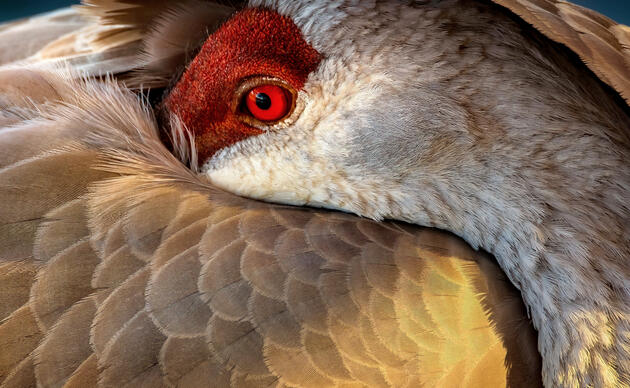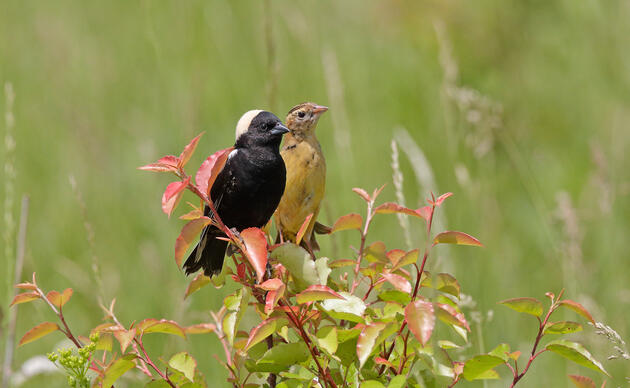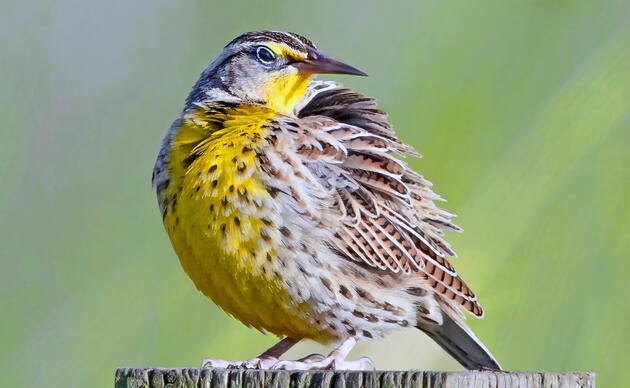Saturday, June 4th, is National Prairie Day – and a reminder of the complicated relationship with the practice of sodbusting.
Sodbusting is a celebrated milestone in North Dakota’s culture. Plowing dirt to feed the world not only sustained individual farmers and their families in the toughest of times, it remains a significant driver in the state’s economic engine. Sodbusting is such a rich part of North Dakota history that, as tribute, a statue was commissioned and has been a prominent fixture to downtown Fargo’s landscape for decades. Where most see a well-deserved tribute to the farming community, though, I see a heartbreaking reminder of the unintended cost of breaking prairie.
Prairie, despite its appearance, is not just grass and weedy-looking wildflowers. Where corn seeds are planted, 12 feet of carbon-storing roots, responsible for filtering water, are unearthed. Where life begins to sprout, centuries worth of the soil it needs to grow blow away in one afternoon. Where the food that feeds us is harvested, the golden wave of prairie that North Dakota was known for is diminished to less than 3% of its original acres remaining. The wildlife and global environmental implications of our sodbusting ways are profound.
Without a doubt, farmers and their sodbusting legacy hold a place of honor and respect. Their contributions to dinner tables and fuel tanks across the globe are unequivocally appreciated. As with all complicated relationships, though, their efforts are not without consequence. In this case, that consequence is the form of lost ecosystem benefits and habitat that is only provided by prairie. Let us take a moment to mourn the landscape that has been sacrificed to sodbusting while celebrating the prairies and their stewards that remain!



